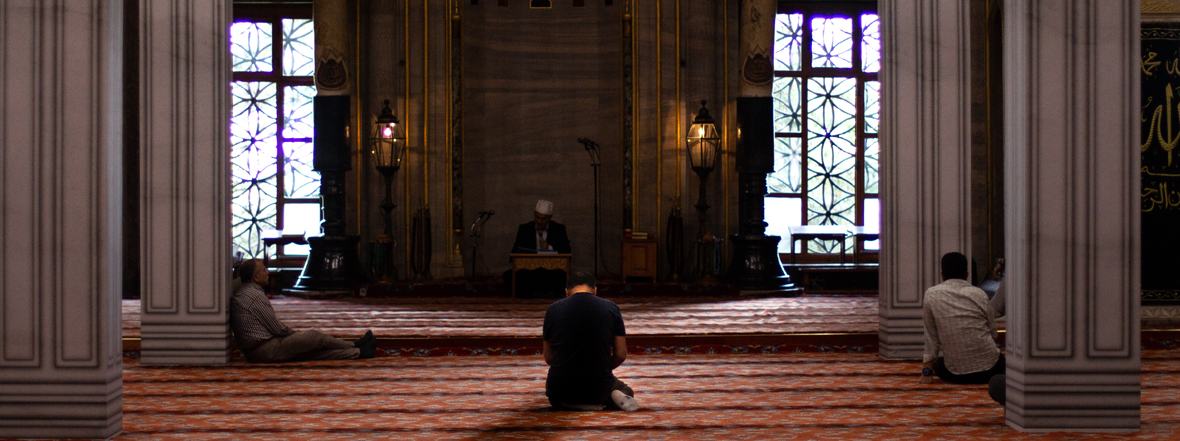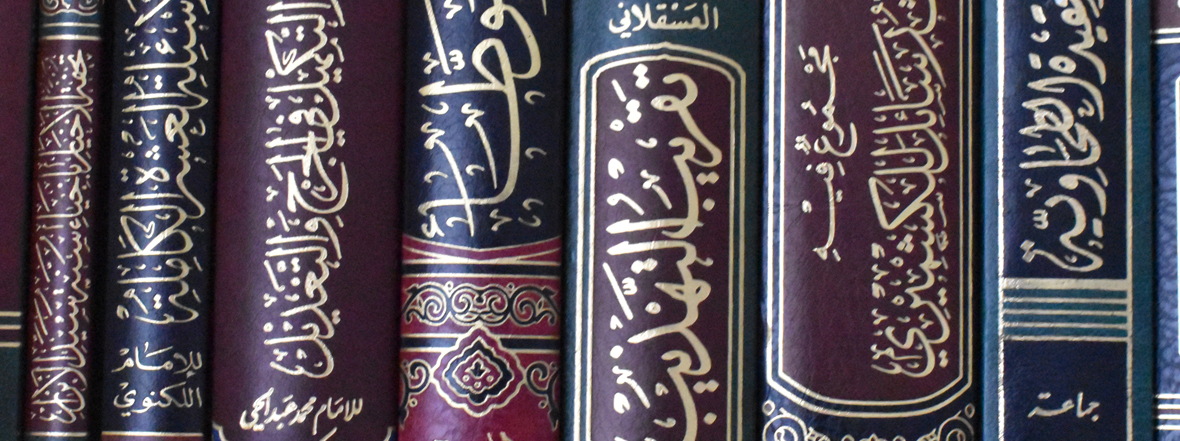Learning anything is always a long-term commitment, especially, when it comes to learning about Islam. People in the past even after studying years under experts would be heard saying they don’t know to certain, on occasions.
This was the honesty and devotion the early people had to convey the true meaning of the religion without creating a false reality of Allah’s religion. Showing that you don’t know the answer is absolutely nothing to embarrassed about. In fact, it was sewn into the fabric of education in the past. The famous senior companion of the Prophet (peace be upon him) would often say: ‘Saying “I don’t know” is half of your knowledge.’
People feel more comfortable when they hear their scholars saying to them “I’m sorry but I don’t know” now and again. I’m not saying that a person should artificially make it out as though they don’t know but if you are not 100% sure, make that clear to the questioner.
One of the benefits I’ve personally experienced in this is that when I would hear my teachers utter such statements it made me appreciate the vast nature of sacred religious sciences. I realised that people who criticise certain points in Fiqh, Tafseer, grammar or anything else, for that matter, were not always being arrogant. Maybe there was some room for difference of opinion and it might be a good idea to listen to what they have to say.
The problem is when people never hear their teachers say they don’t know or that there is scope for a difference of opinion in a particular issue. It leads to students becoming very absolute in everything they claim and that others are always in the wrong or inferior to their understanding.
Brushing everyone with the same brush is another byproduct of not being willing to a calm dialogue and discussion. Not to mention passing rulings on other schools of thought despite them not having studied it under an expert of that particular school.
From my experience, teachers should explain to the students in such a way that it becomes clear to the students those points that are:
- Absolute
- Those that are non-absolute
- Those that are wrong
By doing this it gives rise to good healthy discussions without anyone feeling intimidating when asking or discussing such matters.
P.S. Most public speakers are not authorities in all the content they talk about so take benefit of their talks but know that they have limits.
Written by Mufti Liaquat Zaman






